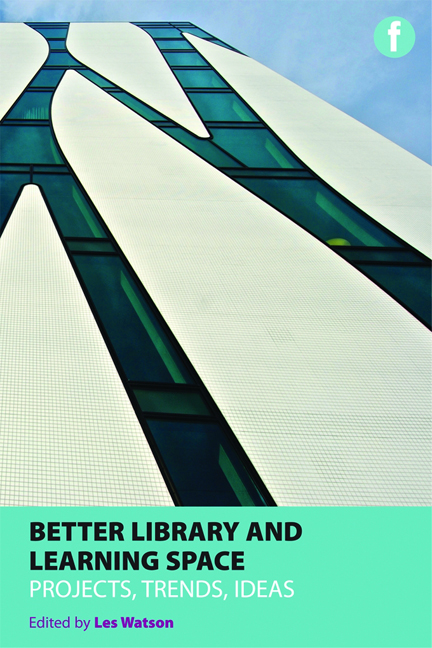Book contents
- Frontmatter
- Contents
- Case studies
- Acknowledgements
- Contributors
- Introduction – about this book
- PART 1 PROJECTS AND TRENDS
- Introduction
- 1 UK projects and trends
- 2 US projects and trends
- 3 China projects and trends
- 4 Hong Kong projects and trends
- 5 European projects and trends
- 6 Australasian projects and trends
- Summary to Part 1
- PART 2 TRENDS AND IDEAS
- PART 3 IDEAS AND FUTURES
- Index
5 - European projects and trends
from PART 1 - PROJECTS AND TRENDS
Published online by Cambridge University Press: 08 June 2018
- Frontmatter
- Contents
- Case studies
- Acknowledgements
- Contributors
- Introduction – about this book
- PART 1 PROJECTS AND TRENDS
- Introduction
- 1 UK projects and trends
- 2 US projects and trends
- 3 China projects and trends
- 4 Hong Kong projects and trends
- 5 European projects and trends
- 6 Australasian projects and trends
- Summary to Part 1
- PART 2 TRENDS AND IDEAS
- PART 3 IDEAS AND FUTURES
- Index
Summary
Introduction: the library is the message
A remarkable amount of attention is being devoted to library design in Europe at present. Never before have libraries been designed with such dedication and quality. Although we are in the midst of an economic crisis, new, surprising and sometimes even iconic library buildings are being constructed in many places. These buildings can all be seen as attempts to redefine and redesign the library.
This redefinition is essential, as great changes in our society demand radically different approaches to library work. One force that has affected the core functions of libraries is the exponential development of information technologies, particularly the internet, which has become the place where people form their identity, maintain contacts and deploy initiatives. It is a platform where anyone can be an information producer, a writer, an expert, a musician or a film maker. Increasingly, knowledge is exchanged in the numerous communities that are built around themes and areas of interest. People share their experiences and add their own knowledge, making use of their social networks and internet sources to do so. The resultant information overload gives rise to a need for new values, interpretation and meaning. A new phase has begun: the ‘conceptual age’, as the author Daniel Pink (2006) describes it. It is an age in which right-brain qualities such as creativity, empathy, imagination, spirituality and the ability to make exciting connections will make all the difference.
Traditional library processes, such as collection development and cataloguing, no longer provide an adequate response to these developments. The library will increasingly have to take on a co-ordinating and inspiring role in the process of knowledge creation and exchange. In an era of cocreation, the knowledge and expertise of users will be indispensable to this role. Libraries have to adapt their processes in such a way as to facilitate participation and co-creation. The real challenge is to manifest these processes in the library building of the future. How can we create the best environment for inspiration, learning, knowledge-sharing and storytelling?
To find answers to this question, we discuss four new libraries in the Netherlands and Germany. Each of these buildings was conceived on the basis of a specific vision regarding the function and meaning of the library; the vision was then translated into an exciting design.
- Type
- Chapter
- Information
- Better Library and Learning SpaceProjects, trends and ideas, pp. 61 - 74Publisher: FacetPrint publication year: 2013



